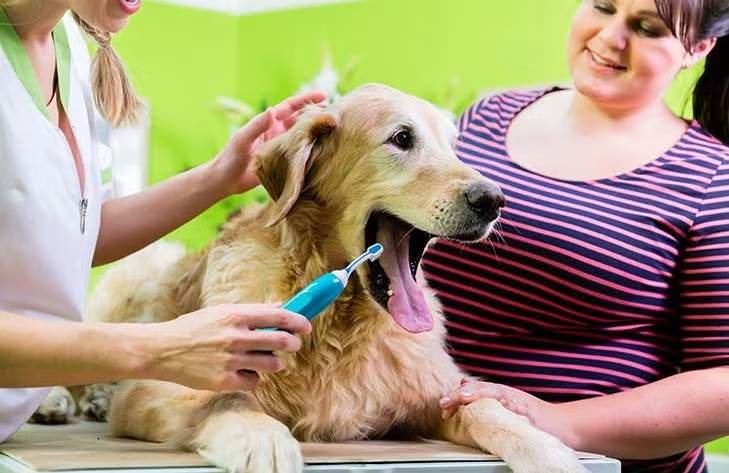You might think you know what a general veterinarian does. Many people assume they only treat dogs and cats or perform routine checkups. But that’s not the whole story. General veterinarians play a critical role in animal health. They provide care for a wide range of animals. From identifying health issues early to offering advice on nutrition and exercise, they do it all. You may also think specialist vets deliver superior care. This belief is misleading. Both types fulfill important roles. Some might worry about costs. General vets offer effective care without breaking the bank. If you’re near a pet clinic in Murrieta, CA, it’s worth understanding the variety of services available. Busting these myths helps you make informed choices for your pet’s health. Recognizing the value of general veterinarians can save you time and money while ensuring your pet gets quality care.
Myth 1: General Vets Only Handle Minor Issues
Many believe general veterinarians only deal with basic cases. This is far from true. General vets manage a wide variety of health concerns. They diagnose and treat infections, perform surgeries, and manage chronic illnesses. Their broad skill set makes them reliable first responders for your pet’s health needs. They often serve as the first point of contact, assessing situations and referring to specialists when necessary.
Myth 2: General Vets Are Not as Qualified as Specialists
Another misconception is that general vets lack the qualifications of specialists. General vets undergo rigorous training. They earn a Doctor of Veterinary Medicine (DVM) degree. This process involves years of education and hands-on experience. Their expertise allows them to provide comprehensive care. Specialists focus on specific issues, but general vets are equipped to handle a variety of challenges across different species.
The Role of General Vets Versus Specialists
| General Veterinarians | Specialist Veterinarians |
|---|---|
| Broad range of skills | Focus on specific areas |
| First point of contact | Handle complex cases |
| Effective for routine care | Advanced treatments |
This table showcases the complementary roles of general and specialist vets. Understanding these roles helps in choosing the right vet for your pet’s needs.
Myth 3: General Vets Are Expensive
It’s common to fear high veterinary costs. However, general veterinarians often provide affordable care. Routine checkups and vaccinations are cost-effective. They offer preventative measures that can save you from costly treatments later. By catching issues early, they help manage your pet’s health efficiently. This proactive approach reduces the need for expensive interventions in the long run.
Myth 4: General Vets Don’t Offer Specialized Services
Some assume general vets only provide basic services. In reality, they offer a wide range of options. Many general clinics have advanced equipment. They perform diagnostic tests, dental care, and even minor surgeries. Their comprehensive services cover various aspects of pet health. This versatility makes them a vital part of your pet’s wellness journey.
Training and Expertise
General veterinarians complete extensive training. They study animal behavior, pharmacology, and surgical techniques. Their education covers multiple species, giving them a broad understanding of animal health. After earning their DVM degree, they must pass an exam to practice. This ensures they maintain high standards in care.
Conclusion
General veterinarians are essential to pet health. They provide wide-ranging care that meets everyday needs and complex challenges. Debunking these myths highlights their value. Knowing the truth helps you make informed choices for your pet’s health. Choosing a skilled general vet ensures your pet gets the quality care they deserve. By recognizing their importance, you support your pet’s long-term wellness.




